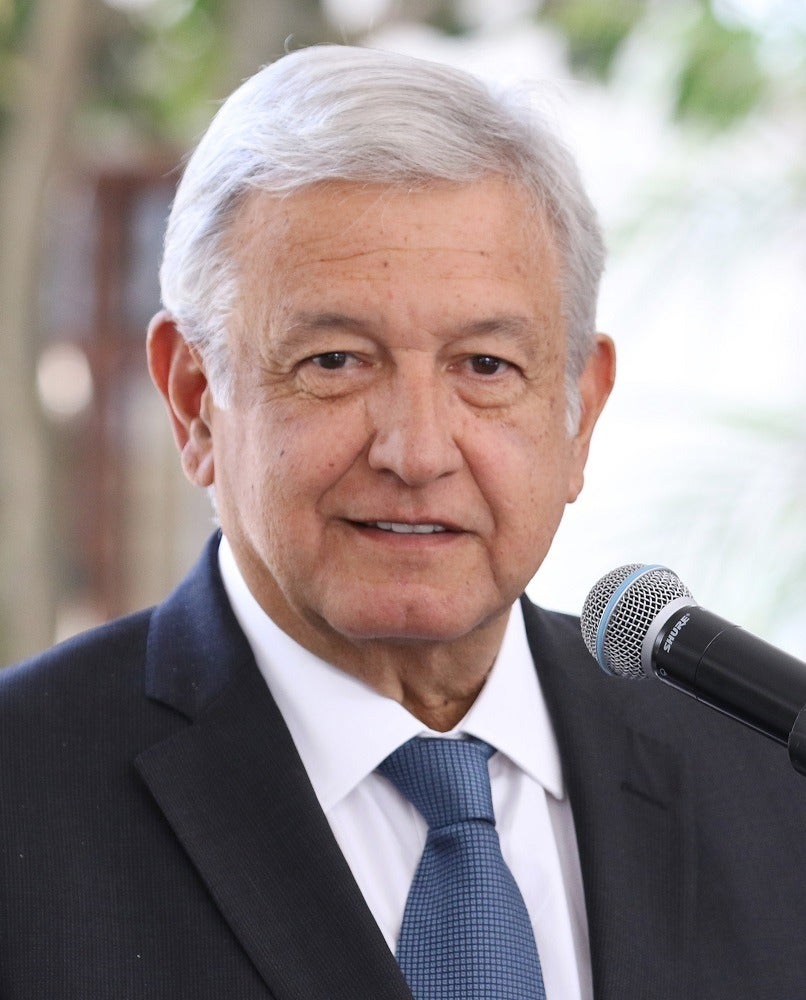
Natural gas production in Mexico has waned over the past decade while the country’s imports from the US have risen at a commensurate rate, despite its recently-elected president’s efforts to reverse the dynamic.
In July 2017, extraction dropped below five million cubic feet per day (mcfd), a 40% decrease since 2012, before reliance on natural gas from America reached a new record in August last year, with almost 6 bcfd delivered over the border in that month alone.
President Andrés Manuel López Obrador, however, says energy is right at the top of the transformative agenda which saw his campaign to a landslide victory in the 2018 general election.
Adrian Lara, senior oil and gas analyst at data insight firm GlobalData, has his doubts concerning the feasibility of this claim.
“Without a comprehensive strategy that considers development of large natural gas resources, both onshore and offshore, it will be difficult to reduce the volume of imports demanded for power generation and industrial use,” he explains.
“On the other hand, interconnection of US and Mexico natural gas markets appears to work, and at present, the cheap natural gas from Texas seems a far more convenient option for Mexico than having to face permanent and systematic shortfalls of supply.
“In the short and mid-term, Mexico’s natural gas production decline could be alleviated by developing key upstream projects but this is unlikely given the current strategy led by the Mexican government.”

Bleak prospects for Mexico’s natural gas production
Right at the heart of Mexico’s natural gas conundrum is the decline of state-owned Pemex, whose oil and gas output has fallen dramatically.
Over the past ten years, its crude oil production has dropped at a rate of between 4% and 5% each year, bringing the country’s share of global output down from 5% to 2% along with it.
Various deregulation reforms were introduced in 2013 in a bid to solve this, but nonetheless oil output remains roughly 30% below the three million barrels per day promised in 2015 by then-president Peña Nieto.
Mr Lara says: “Pemex still has a dominant position with respect to the operatorship of existing gas reserves, but any key development in, for instance, unconventional or deep water production will be capital intensive and the company currently does not have the financial capability to engage individually in large projects.
“On top of this, the Mexican government has formally announced that no more bidding rounds, including Pemex farm-outs, will be carried out for the time being.
“The forecast for natural demand indicates a continuous increase of Mexico’s domestic consumption, surpassing 9 bcfd by 2025.
“But the supply forecast for domestic consumption is expected at best to remain at current levels and below 5 bcfd by the same year.
“This scenario will surely increase the dependency from Mexico on US natural gas over the first half of the next decade.
“There is also an expected domestic increase in the demand of US natural gas, in particular for new LNG plants in the US Gulf Coast, which could put upward pressure on prices, increasing the economic risk of Mexico’s reliance on US gas.”






